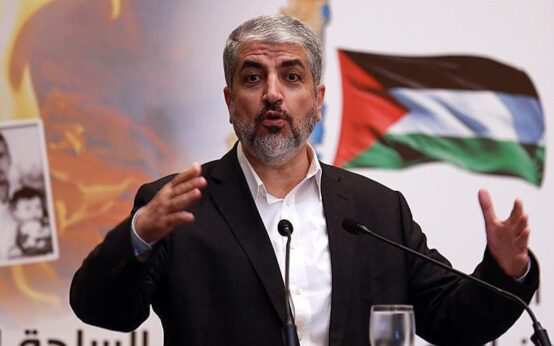Hamas has made a firm declaration it will not disarm until an independent, sovereign Palestinian state with Jerusalem as its capital is established. This statement directly responds to recent claims by U.S. envoy Steve Witkoff, who reportedly suggested Hamas might be open to disarmament as part of a ceasefire. Hamas has denied these claims and held onto its long-standing position on resistance and national rights.
Why Hamas Is Holding Firm on Its Position
Recently, Steve Witkoff told Israeli hostage families that Hamas had indicated a willingness to disarm. But Hamas quickly issued a statement rejecting this claim. The group emphasized that armed resistance is a legal and national right, citing international law and customary norms.
Hamas insists that it will only give up arms after all Palestinian national rights are restored, with the creation of an independent state and Jerusalem as its full capital. Until those conditions are met, its armed wing will remain intact.
What Led to This Strong Reaffirmation
Indirect ceasefire talks between Hamas and Israel brokered by Qatar and Egypt recently fell apart. These negotiations aimed to secure a 60-day ceasefire and exchange hostages. However, when reports of Hamas being open to disarmament emerged, Hamas pushed back forcefully.

The rejection came alongside broader pressure from major powers and Arab governments calling for Hamas to disarm in exchange for Gaza’s governance transfer to the Palestinian Authority. These calls included statements by France, Saudi Arabia, the EU, and the Arab League. Hamas rejected those demands as well.
How This Position Challenges Israeli Demands
Israeli officials, including Prime Minister Netanyahu, insist that any acceptable peace deal must include Hamas’s complete disarmament and Israeli security control. They view Hamas’s armed presence as incompatible with stability in the region.
Meanwhile, the U.S. envoy described recent Hamas responses as “totally unacceptable,” warning that failing to accept ceasefire terms would hinder progress toward peace.
Negotiations Stall Over Statehood and Sovereignty
Hamas’s clear message to the international community is that disarmament must follow, not precede, the establishment of an independent Palestinian state. This stance places statehood and Jerusalem’s status at the center of any peace talks.
Israel and many Western nations view this stance as a major obstacle to ceasefire and stability. Without Hamas agreeing to disarm first, negotiations appear unlikely to advance.
As the humanitarian crisis deepens, both diplomatic channels and public pressures intensify. Yet until there is alignment on the question of sovereignty, the stalemate may continue.


 Albanese announces Australia’s support for Palestinian state
Albanese announces Australia’s support for Palestinian state  Senior Hamas leader killed in Israeli Airstrike
Senior Hamas leader killed in Israeli Airstrike  Hamas hands over 4 dead bodies of hostages to Israel
Hamas hands over 4 dead bodies of hostages to Israel  Hamas: Gaza Ceasefire Needed Trump
Hamas: Gaza Ceasefire Needed Trump  Hamas Accepts Draft Ceasefire Agreement in Gaza
Hamas Accepts Draft Ceasefire Agreement in Gaza